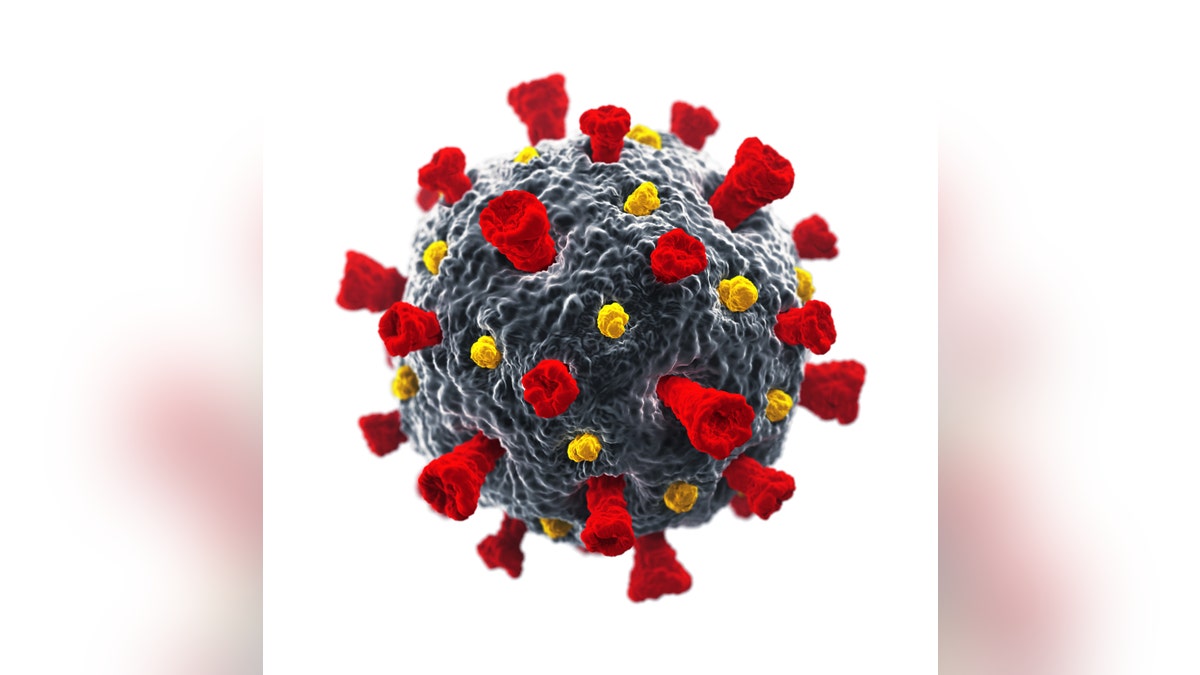A Texas scientist predicts a second wave of coronavirus will occur in the spring and not the winter months.
Professor Ben Neuman, chairman of biological sciences at Texas A&M University-Texarkana said coronaviruses commonly “peak” in the spring months, according to a Yahoo report.
BLOOD TEST IDENTIFIES WHICH CORONAVIRUS PATIENTS MAY BE HELPED OR HARMED BY STEROID TREATMENT
Neuman, also a visiting associate professor at the University of Reading, said experts are predicting the second wave for the winter months based on the flu virus which peaks in the winter. But Neuman said most viruses are not as seasonal as the influenza virus, according to the report.

A Texas scientist predicts a second wave of coronavirus will occur in the spring and not the winter months. (iStock)
The cold winter months that send people indoors may not increase the number of COVID-19 infections but actually foster voluntary self-isolation, Neuman told the news outlet.
"A cold winter can bring on its own mini-quarantine, as we stay home to avoid bad weather, and comes with a bit of natural PPE in the form of scarves and gloves,” Neuman was quoted saying in the article.
The professor said there may be an actual uptick in negative COVID-19 tests during the winter months as people infected with the flu get tested to rule out symptoms being related to a novel coronavirus infection.
"A possible side-effect of flu and COVID-19 season is that since both diseases start off with similar symptoms, more people will be ill enough to seek COVID-19 testing,” the professor said in the article.
PRELIMINARY STUDY INVESTIGATES HOW CORONAVIRUS PARTICLES MAY TRAVEL IN CLASSROOMS, INDOOR AREAS
This could lead to a misperception about the coronavirus pandemic, Neuman said.
"Paradoxically, an influx of people with the flu seeking COVID-19 tests could potentially drive down the percentage of positive tests, which would then misleadingly suggest that COVID-19 was decreasing," Neuman said, adding, "That is one reason why percent positive rates should not be taken in isolation to monitor the pandemic."
The scientist said that people staying indoors during the cold winter months may not likely increase the number of positive coronavirus numbers. Instead, he suggested, "look for changes in behavior that lead to mixing of people from different households, especially where masks would not be worn, as a potential source of COVID-19 - school reopenings, dinner parties, restaurants."








































